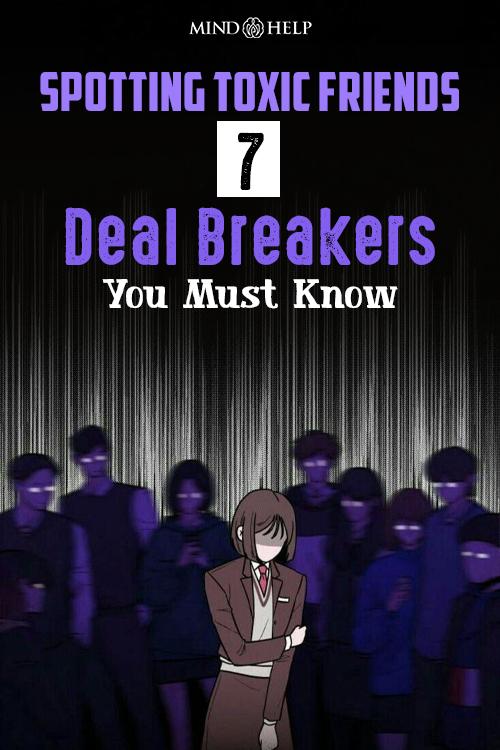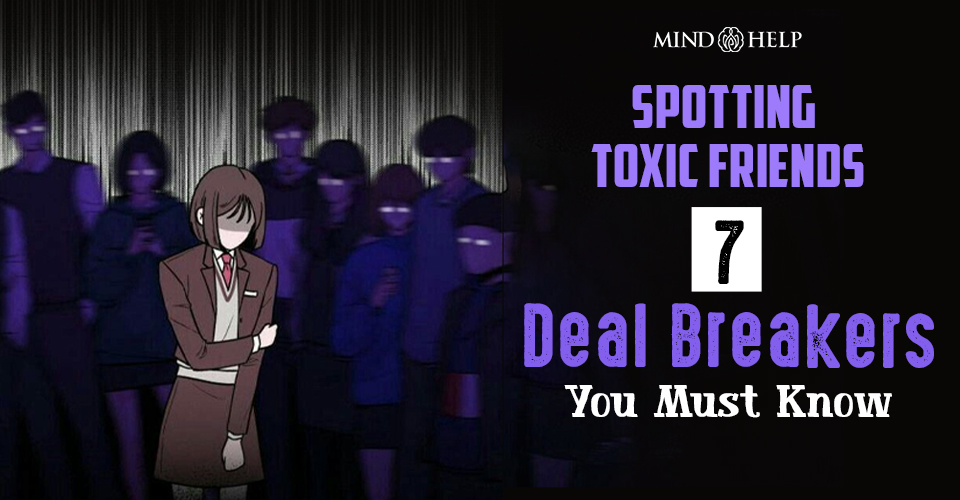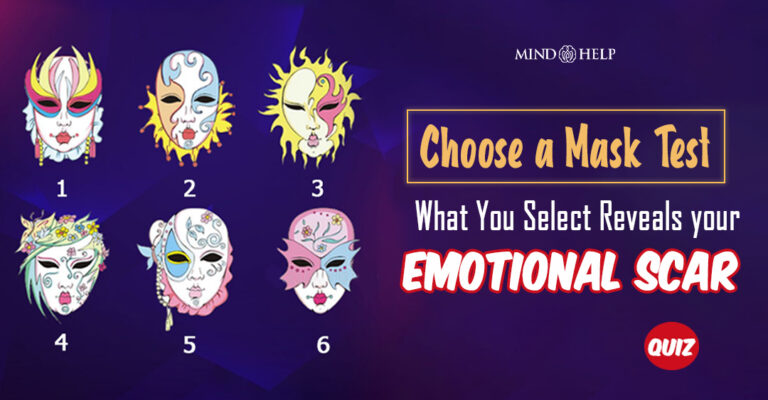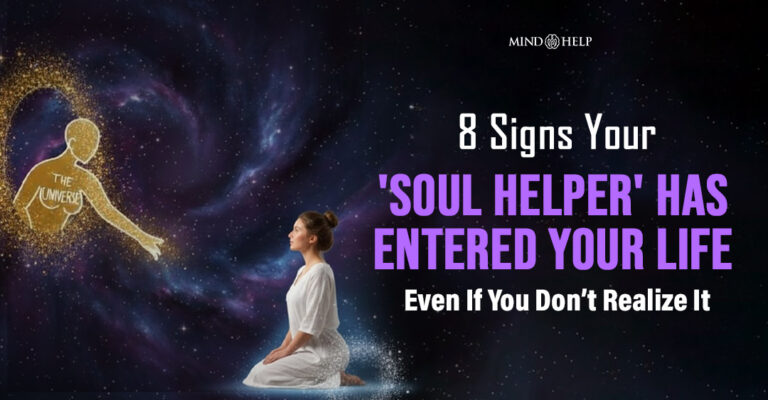Friendships, one of life’s greatest treasures, are meant to lift you. But what if someone you call a friend is secretly jealous of you, constantly draining your energy, or chipping away at your happiness? If these dramas sound like everyday stories, you might be dealing with toxic friends!
Those lighthearted conversations? Now they leave you drained.
Plans you so eagerly waited for? Feel like obligations you dread.
That safe, comforting space you called friendship? Now it echoes with judgment.
Tricky part? Toxic friends don’t arrive with warning signs. They make you feel on top of the world at first, but gradually undermine your self-esteem and manipulate your emotions.
So, let’s spot the 7 danger signals of unhealthy friendship and how it might be doing more harm than good.
Signs of Toxic Friendships
Here are the 7 warning signs of an unhealthy friendship that are downright harmful:
1. Constant Criticism Disguised as “Advice”
A little advice or a gentle suggestion from a friend is perfectly normal. But, toxic friends are nothing less than full-time critics (just that they don’t get paid for this).
You tell them about a new hobby you picked up, and there they are, saying something like,” Why would you even do that? That’s kind of dumb.” Honestly, it’s not advice. It’s judgment disguised as concern.
Repeated criticisms like these lower your confidence and make you second-guess your choices. And, eventually, you feel anxious about sharing your life with them.

2. They Drain Your Energy
A key characteristic of such manipulative friendships is that they have a way of turning every interaction into a marathon of complaints, drama, or emotional demands. They usually bombard you with their life stories but never check in on how you’re doing.
Every interaction with them feels like emotional labor rather than a connection. You brush away the feeling, saying, “They just need a friend!” But over time, you are so drained, you feel like you need a week-long vacation just to recover.
3. Jealousy Masquerading as Concern
For instance, you excitedly share that you got the much-awaited promotion at work. You expect hugs, cheers, or at least a smile. Instead, your friend smirks and says, “Wow, finally! I thought it would take longer.”At the moment, it might sound casual, but underneath, it’s laced with jealousy and dismissiveness.
And as expected, it just doesn’t stop there; they might immediately shift the conversation to their own achievements, making sure the spotlight swings back to them. This is exactly how unhealthy friendships feel. Slowly, you start feeling guilty for sharing your joys and successes.

4. Manipulation and Guilt Trips
One of the major toxic friend traits is the sneaky superpower of guilt tripping. It’s surprising how clearly they know how to twist situations so you end up feeling responsible for their emotions (that’s some real talent).
You have had a hectic week at work, and you decide to skip a night out to catch up on rest. And then you are hit with something like, “It’s fine, I’ll just go alone… not like I matter anyway.” Their pro acting skills might make this sound lighthearted, but it’s designed to flood you with guilt.
Read: 10 Unhealthy Friendships You Should Let Go Of Before You Turn 30
5. They Don’t Respect Your Boundaries
For such toxic friends, boundaries are a joke. They tend to bulldoze right through them. You shared something personal, expecting it to remain just between the two of you. Instead, you hear the story floating publicly like some random celeb gossip.
They shall lecture you on your poor boundaries, but the moment you try to maintain them, you are labelled as being secretive. Suddenly, you are no longer their favorite! Beware of such manipulative friendships.
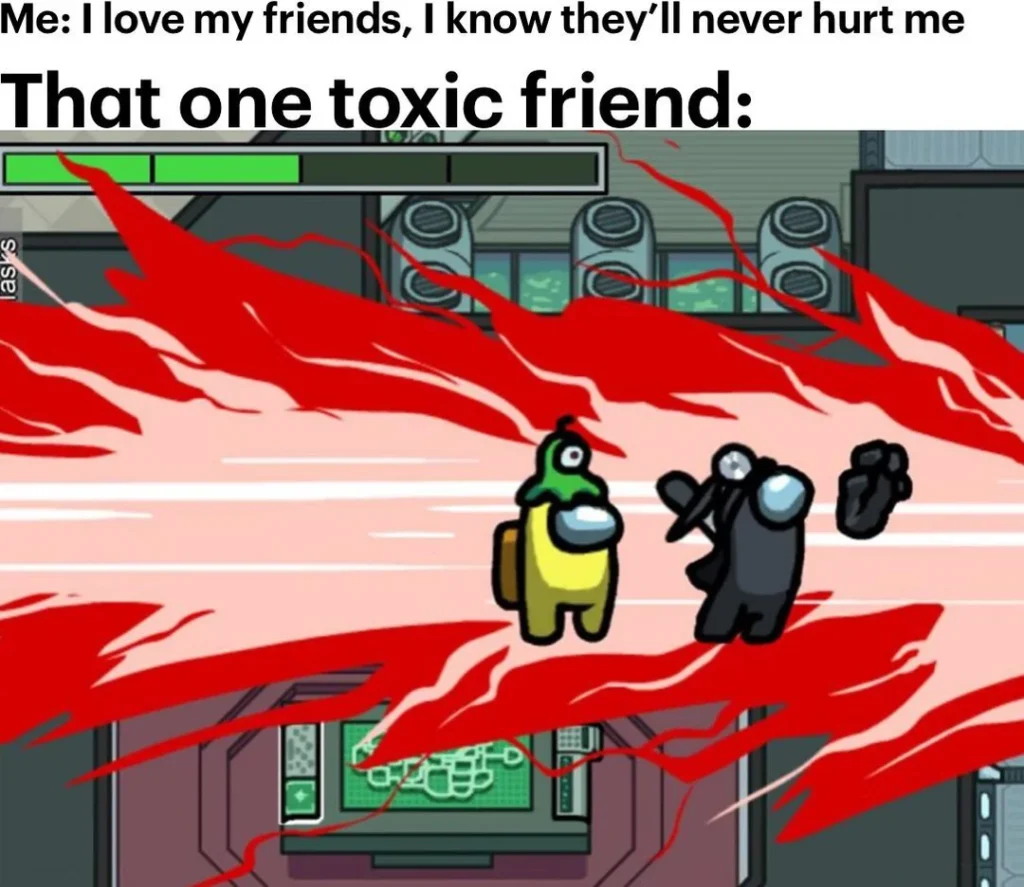
6. Chronic Negativity and Drama
See, a little venting out now and then is completely normal. We all need to let our steam off. But with toxic friends, negativity isn’t an occasional story; it’s their full-blown lifestyle. Every hangout with them is the next baggage for you to carry.
Every time you meet them, a new crisis comes up. One week it’s their relationship, the next it’s work drama, then it’s a fight with a family member. It’s like they have a problem for every solution, and you are left being the emotional sponge, whom they don’t even care about.

7. They Aren’t There When You Need Them
Let’s be honest. Friendship is a two-way street built on mutual support and care. In such manipulative friendships, the balance is completely off. They lean on you when life throws them a curveball and magically disappear when you need them.
You are expected to drop everything and rush to their side when they face even minor inconveniences. And when you call them in tears, sharing something that deeply affected you, all they say is, “You’ll be fine! Don’t overthink.” This leaves you emotionally exhausted in the long run.
How to Handle Toxic Friends?
Once you have spotted the red flags, it’s time to take action to protect your peace and mental well being.
- Set clear boundaries – Boundaries aren’t selfish. At the end of the day, you need to keep up with your well-being. So, respectfully but firmly let your friend know what you are comfortable with and what you are not.
- Limit interaction – If every hangout with them feels like unnecessary drama and an emotional workout, take a step back. Reduce hours with them and guard your energy tank.
- Consider moving on – Sometimes the healthiest choice is also the hardest: letting go. Ending friendships that once felt like home can be scary and painful. Honestly, it doesn’t make you cold-hearted; it’s self-respecting.
- Seek support – Surround yourself with supportive people who celebrate your wins and constructively criticise you. Remember, healthy connections feel like home.
Read: Making New Friends As Adults: 10 Simple Ways That Actually Work
Final Thoughts: Not All Smiles Are Safe
Real friends recharge you. Toxic friends drain you. Period. The friends we surround ourselves with influence our mood, our confidence, and the way we approach things. We can’t control how others behave, but we can surely choose who gets a seat at the table.
Life is too short to waste on people who don’t acknowledge us and make us feel small. So choose the right friends. Friends who cheer you up, celebrate your wins without envy, and respect your boundaries without a second thought. Remember, friendship should feel like sunshine, not a storm.
Frequently Asked Questions (FAQs)
How to deal with toxic friends?
Dealing with toxic friends starts with putting yourself first. Set clear boundaries, limit the energy you invest, and surround yourself with people who genuinely uplift you. If the relationship continues to drain you despite your efforts, it may be time to walk away. Protecting your peace isn’t selfish; it’s self-respect.
How to cut off toxic friends without being rude?
Cutting off toxic friends doesn’t have to be rude. Start by setting firm boundaries and limiting contact. Be honest but calm if they question the distance, keeping explanations simple. If needed, gradually step back instead of cutting ties abruptly. Prioritizing your well-being is respectful to both you and the friendship.
How to spot toxic friends?
You can spot toxic friends by paying attention to how they make you feel. Do you leave conversations drained, judged, or guilty? Do they ignore your boundaries, downplay your wins, or bring constant drama? True friends uplift and support you; if someone consistently does the opposite, it’s a clear sign of toxicity.
